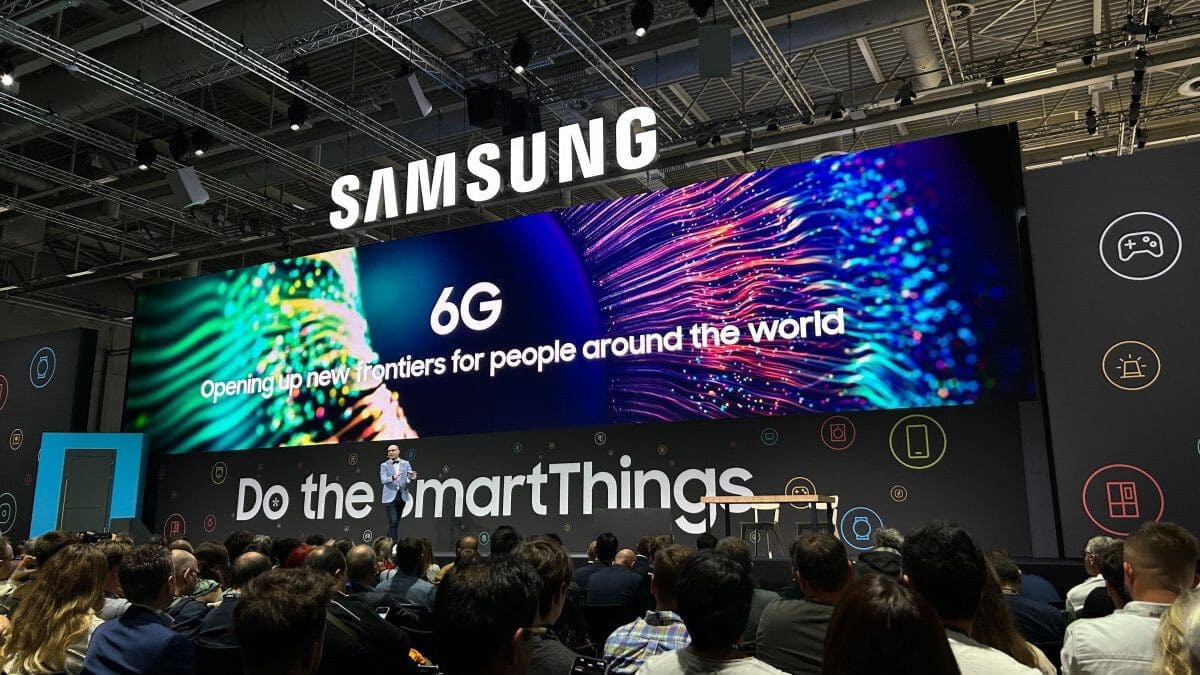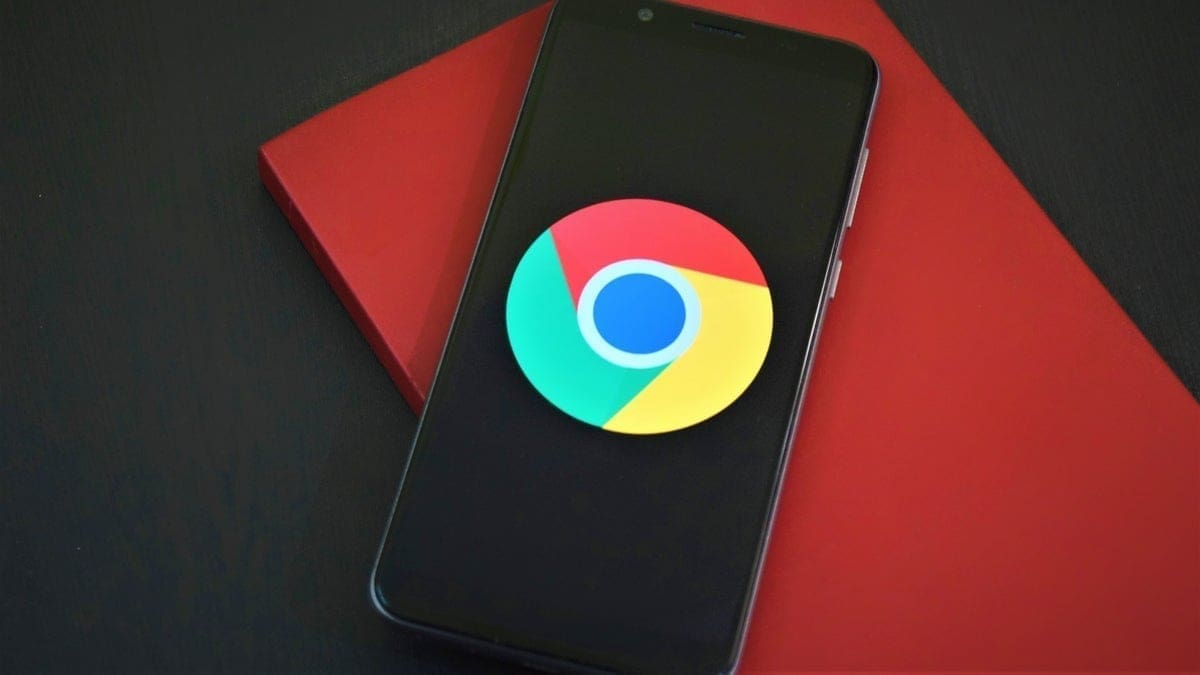6G Technology: The Future of Connectivity
The talk around 5G when it was first coming around was big, bringing in lots of hype and excitement about our future and how this new technology would improve it. However, as we found out with time, things were not as simple as they initially sounded, and while 5G connectivity does come in handy in some places sometimes it is definitely a far cry of what was promised.
So, what will pick up the slack that was left following the introduction of 5G? Well, 6G of course! At least that is what one of the largest contributors to 6G technology implied at IFA 2023.
The tech giant spent some time to remind everyone about 6G and the possibilities it carries. They pointed out especially the potential of 6G when combined with the other two hot subjects that have been circling the tech space these days, AI (artificial intelligence) and XR (which envelops augmented, virtual, and mixed reality).
According to Samsung, 6G will come with several key improvements over the current 5G network, with the most obvious one being a massive jump in speeds. However, that wouldn’t be enough of an advancement on its own, as we know reliability and connection instability are the main issues 5G has. However, Samsung claims that 6G will also improve on those!
The company also described the 6th generation of cellular network as one that offers less latency, which would allow for quick and precise actions across vast distances.
Additionally, unlike 5G which supports between 10-11 devices per square kilometer, 6G will be capable of supporting around 107 simultaneously. This simply means that there will be higher connection density so more people would be able to make use of a 5G network at the same time compared to now.
Samsung anticipates the commercial introduction of 6G to happen by the end of 2030, and the company has been actively engaging in all sorts of research to make that a reality as the Chair of ITU-R 6G Vision Group, which is in charge of establishing ITU’s 6G Vision. Samsung Research also founded its Advanced Communications Research Center in 2019.









